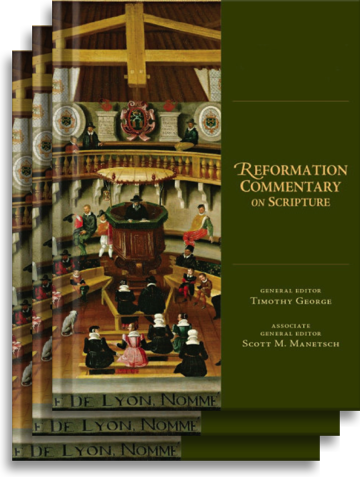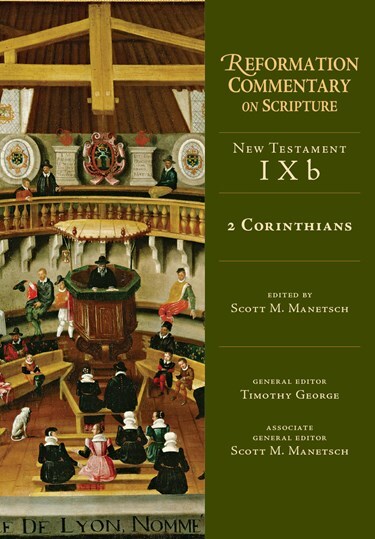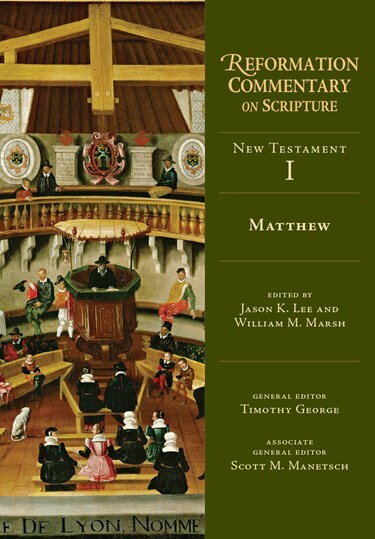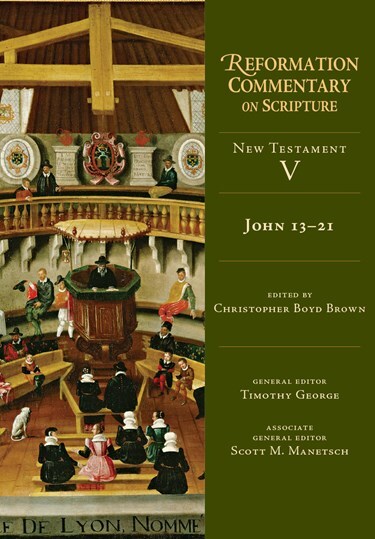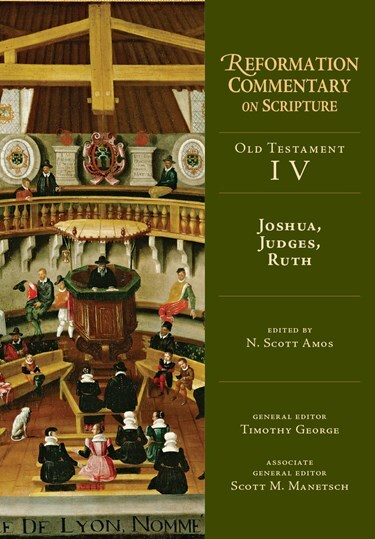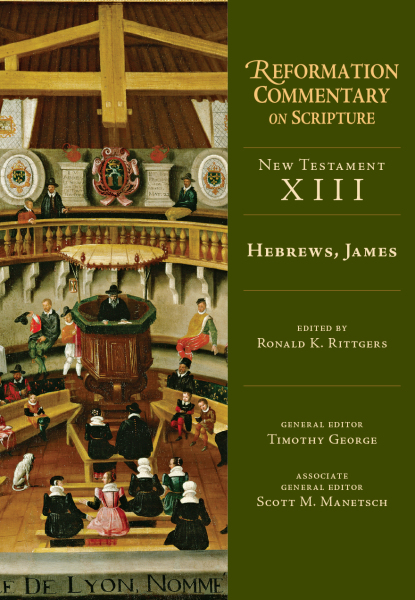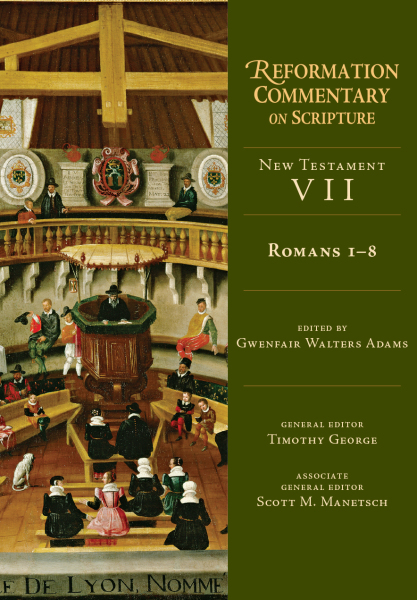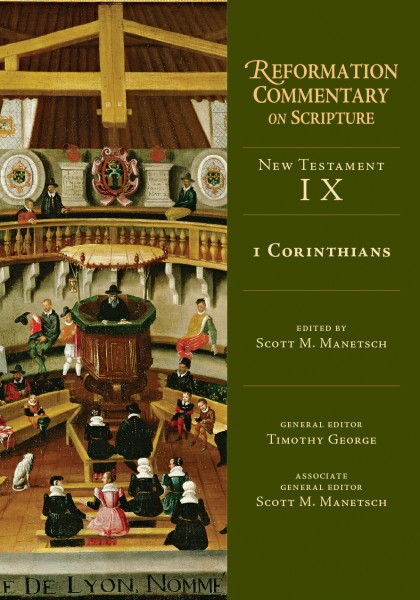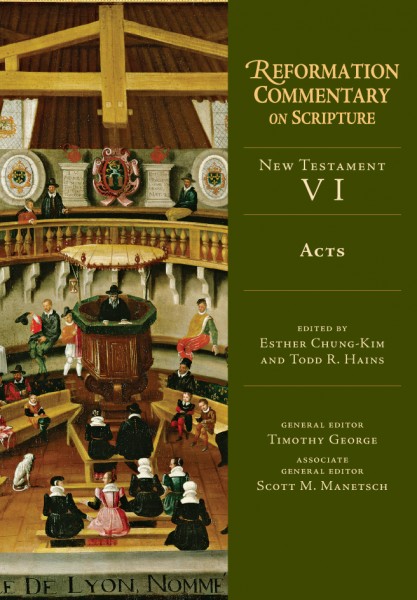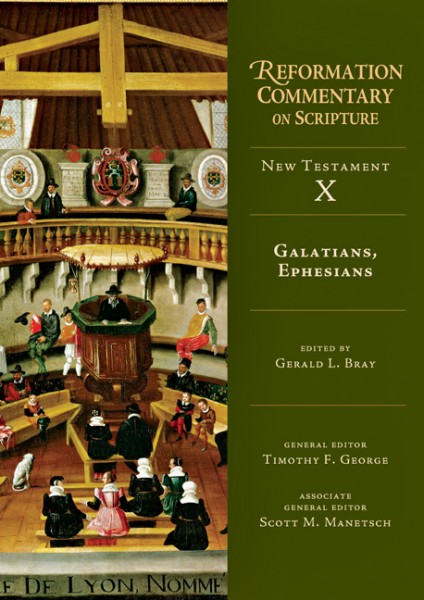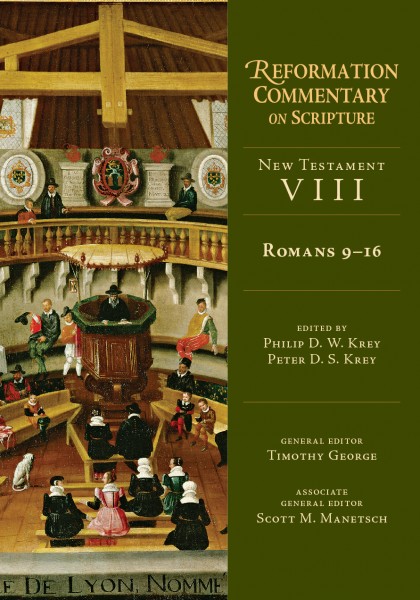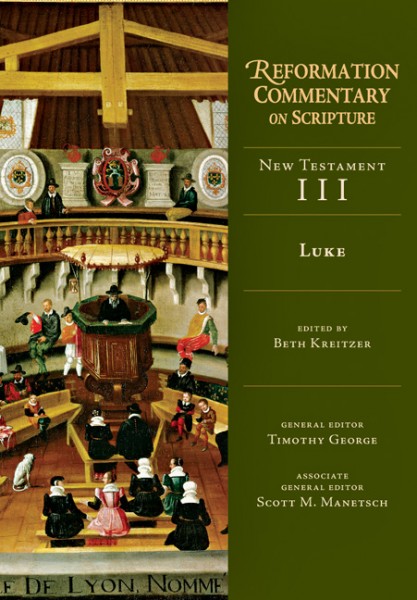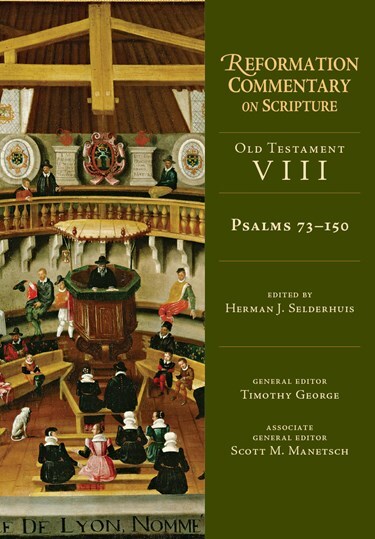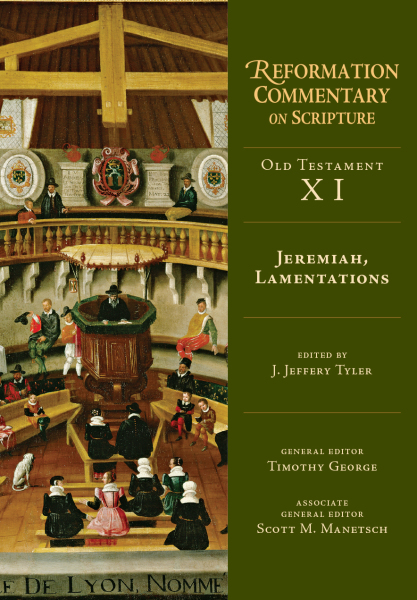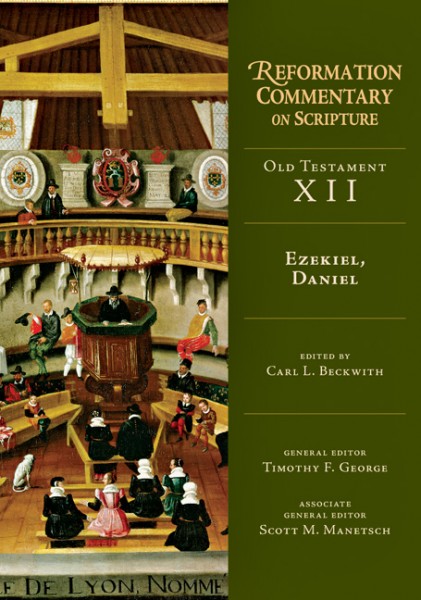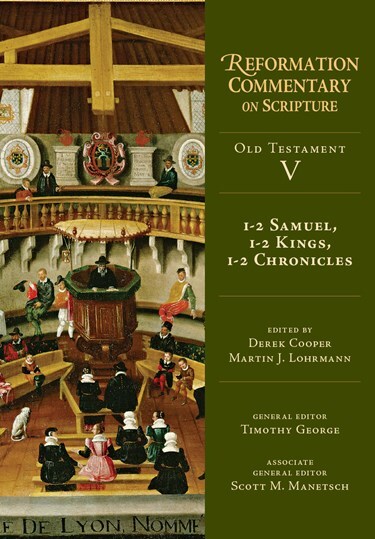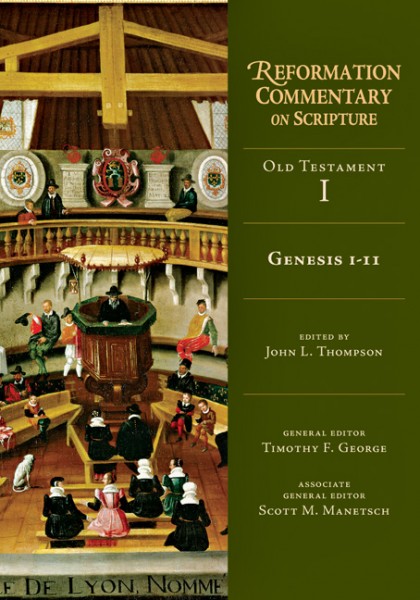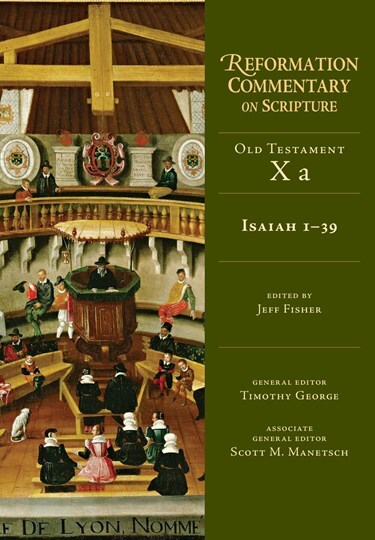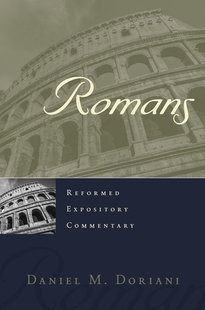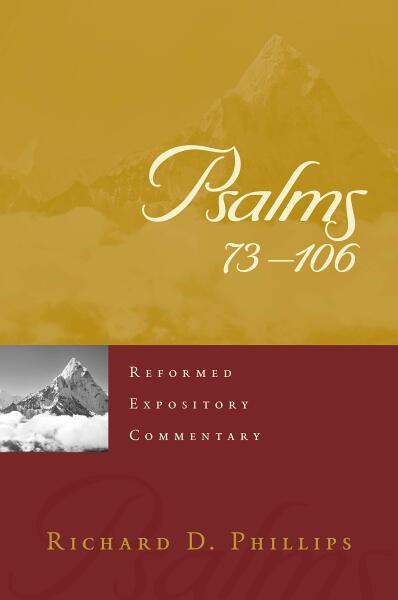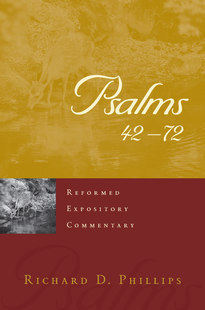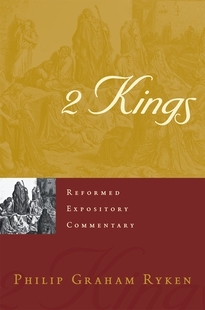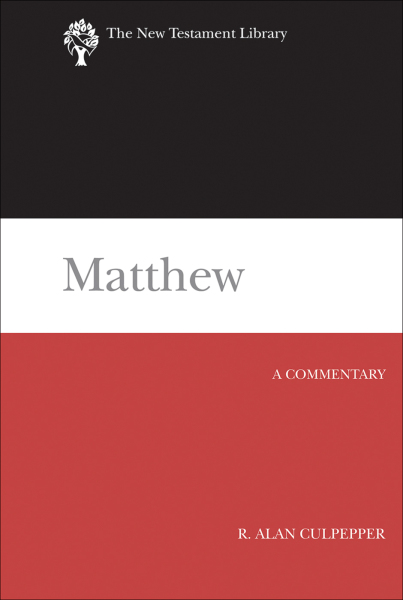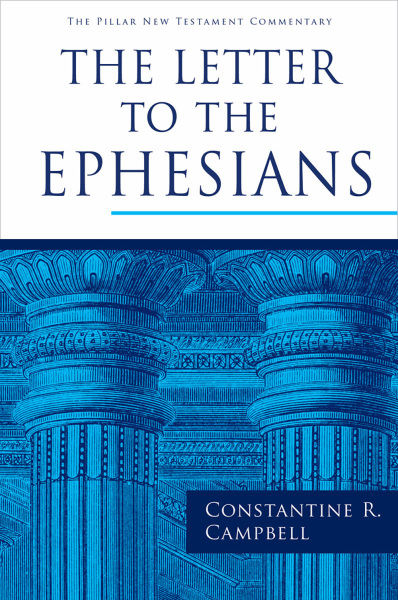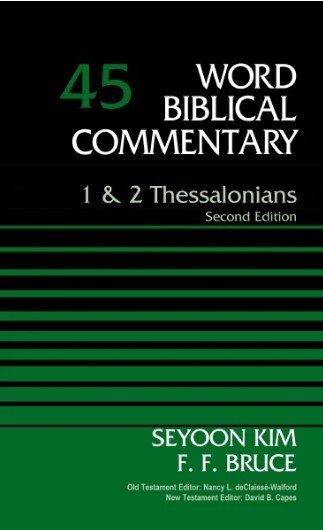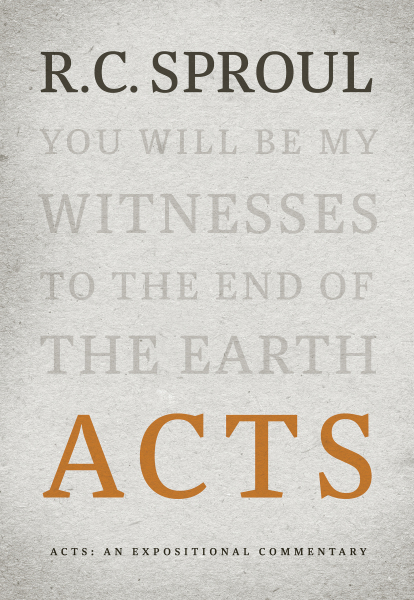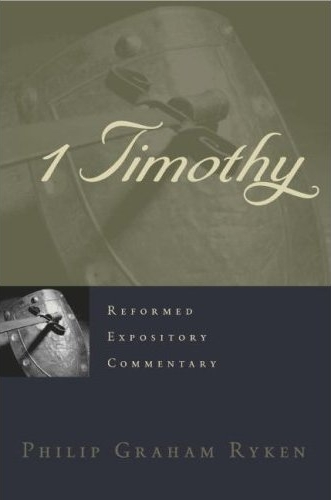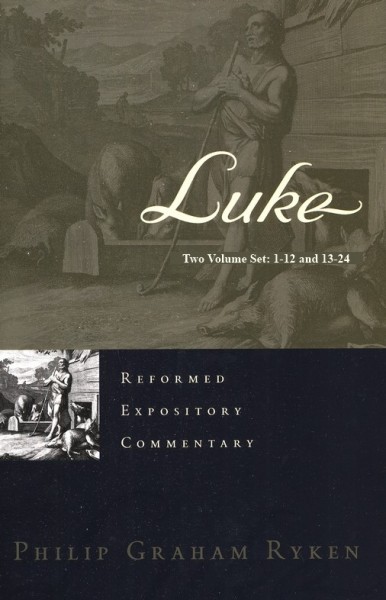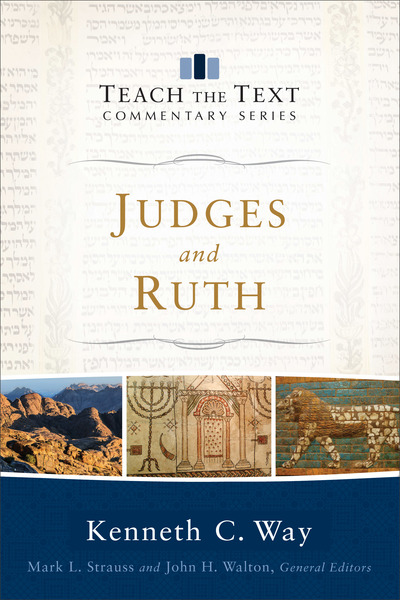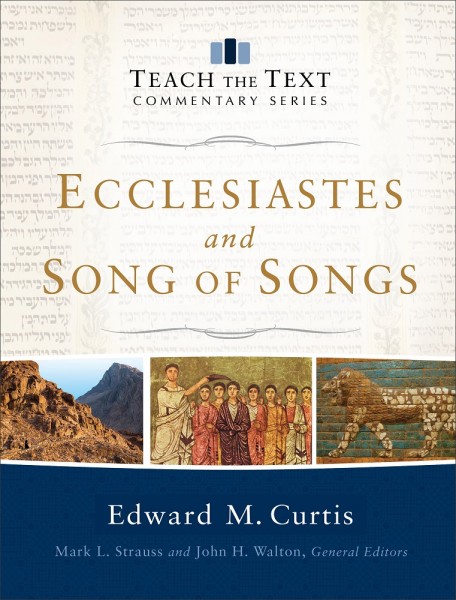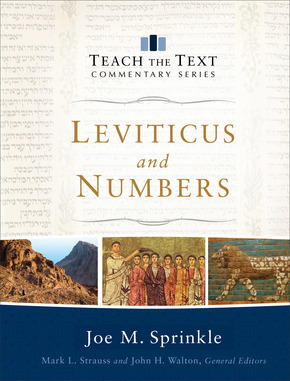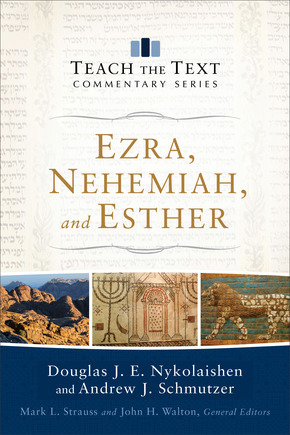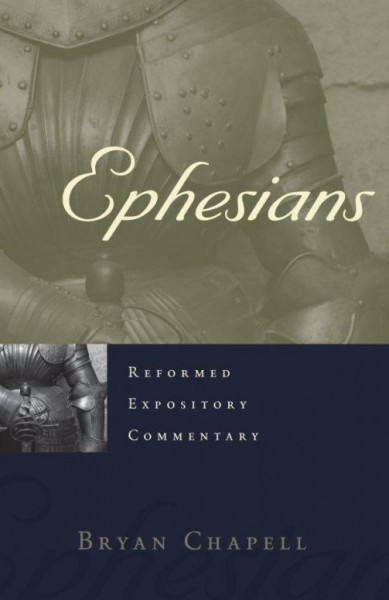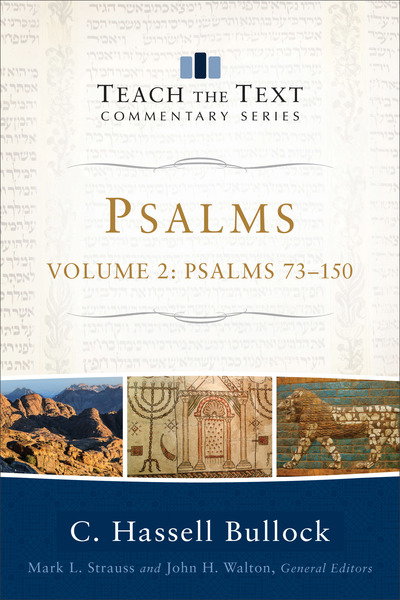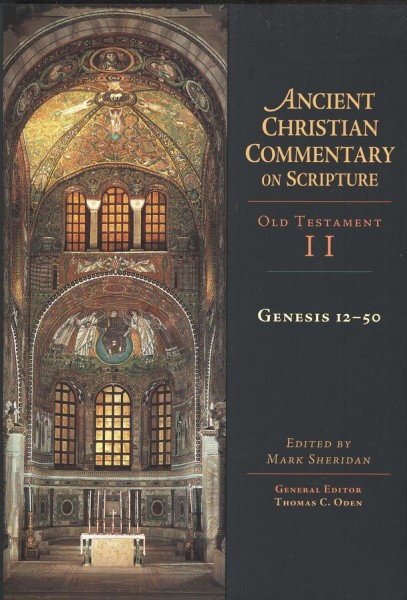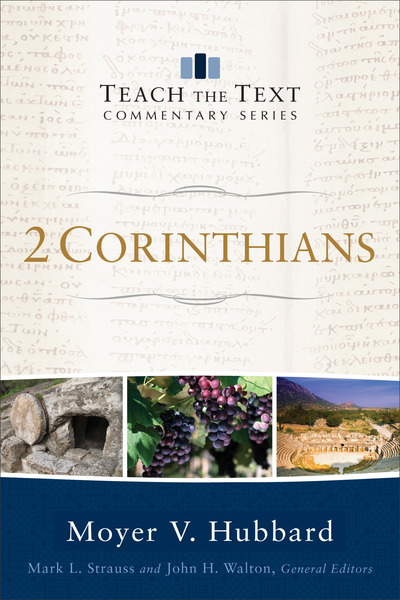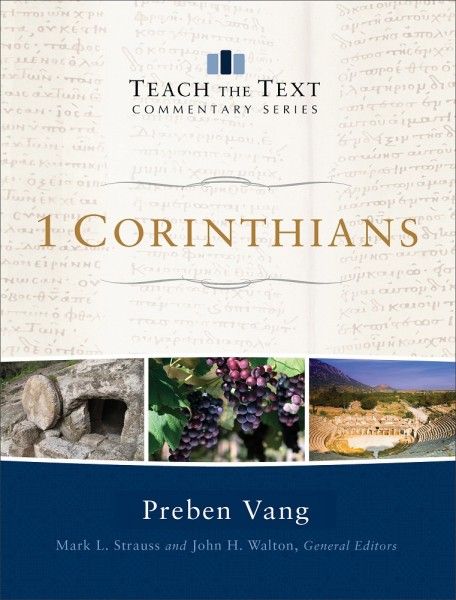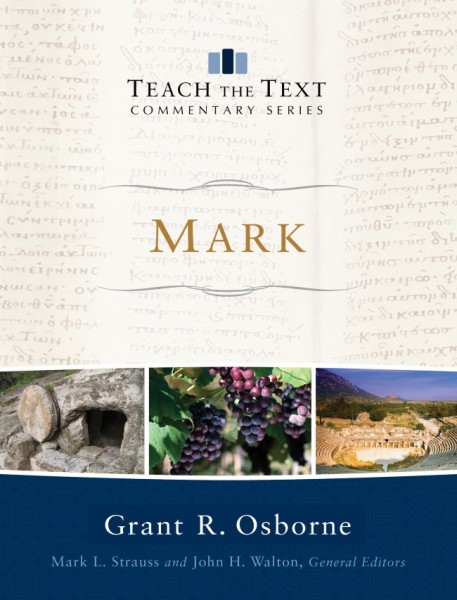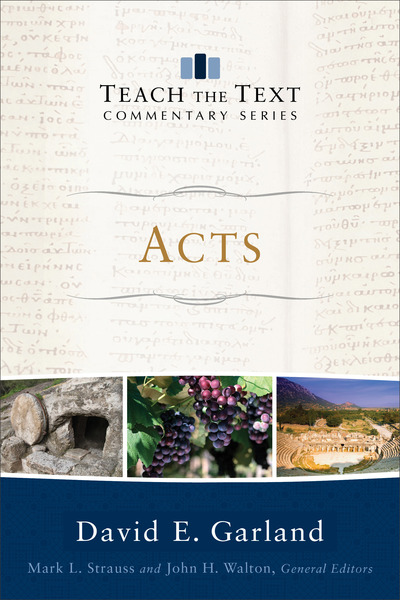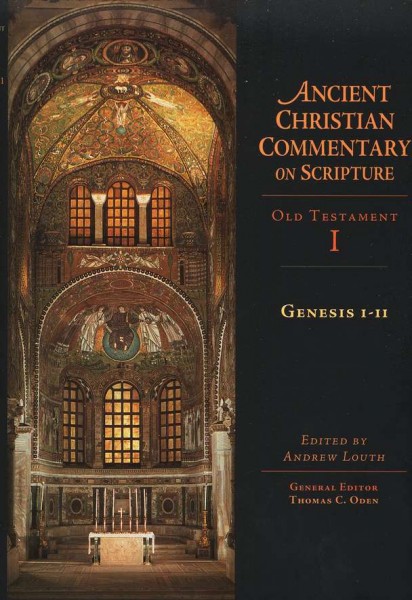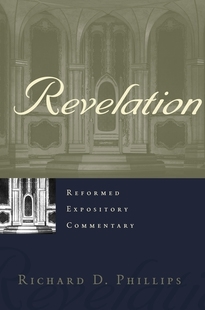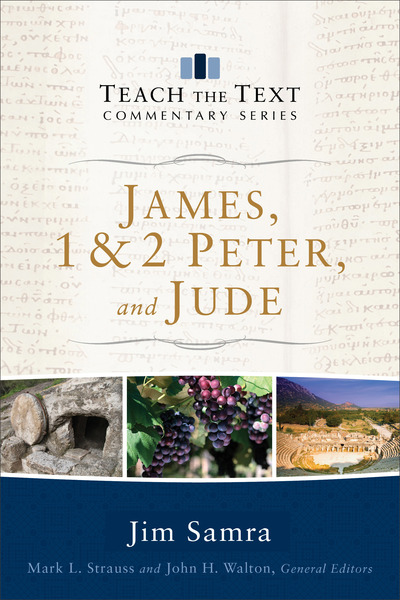

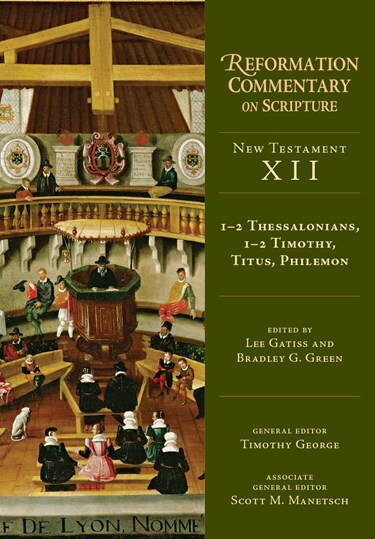

"Since we believe that Jesus died and rose again, even so, through Jesus, God will bring with him those who have fallen asleep." (1 Thess 4:14).
The epistles of the New Testament provide unparalleled insight into the realities of the life of the early church, guidance for those called to lead the church, and comfort in the face of pressing theological questions. Among those letters are 1 and 2 Thessalonians, which address questions about the expected return of Christ, the pastoral epistles of 1 and 2 Timothy and Titus, written to two of Paul's coworkers who were overseeing early churches, and Philemon, which concerns the relationship between a slave and his master.
The Protestant Reformers of the sixteenth century also found wisdom and guidance in these letters. For example, Martin Luther reminded the Christians of his day that Paul had encouraged believers "not to sorrow over the dead as others who have no hope, but to comfort each other with God's Word as having a certain hope of life and of the resurrection of the dead."
In this volume of the Reformation Commentary on Scripture, Lee Gatiss and Bradley Green guide readers through a diversity of early modern commentary on the epistles of 1 and 2 Thessalonians, 1 and 2 Timothy, Titus, and Philemon. Readers will hear from familiar voices and discover lesser-known figures from a variety of theological traditions, including Lutherans, Reformed, Radicals, Anglicans, and Roman Catholics. Drawing upon a variety of resources—including commentaries, sermons, treatises, and confessions—much of which appears here for the first time in English, this volume provides resources for contemporary preachers, enables scholars to better understand the depth and breadth of Reformation commentary, and seeks to bring guidance and comfort in the midst of today's challenges.
The Reformation Commentary on Scripture Series
The Reformation Commentary on Scripture (RCS) provides a crucial link between the contemporary church and the great cloud of witnesses that is the historical church. The biblical insights and rhetorical power of the tradition of the Reformation are here made available as a powerful tool for the church of the twenty-first century. Like never before, believers can feel they are a part of a genuine tradition of renewal as they faithfully approach the Scriptures.
In each RCS volume you will find the biblical text in English, from the English Standard Version (ESV), alongside the insights of the leaders of the Reformation. Hear from landmark figures such as Luther and Calvin, as well as lesser-known commentators such as Peter Martyr Vermigli, Johannes Oecolampadius, Martin Bucer, Johannes Brenz, Caspar Cruciger, Giovanni Diodati, and Kaspar Olevianus. The series introduces you to the great diversity that constituted the Reformation, with commentary from Lutheran, Reformed, Anglican, Anabaptist and even reform-minded Catholic thinkers, who all shared a commitment to the faithful exposition of Scripture.
Each volume is designed to facilitate a rich research experience for preachers and teachers, and contains a unique introduction written by the volume editor, providing a reliable guide to the history of the period, the unique reception of the canon of Scripture and an orientation to the thinkers featured in the volume. Many of these texts are being published in English for the first time, and volumes also contain biographies of figures from the Reformation era, adding an essential reference for students of church history.
Lee Gatiss (PhD, Cambridge) is the director of Church Society and a lecturer in church history at Union School of Theology. He is the author of several books, including Light After Darkness: How the Reformers Regained, Retold, and Relied On the Gospel of Grace and Cornerstones of Salvation: Foundations and Debates in the Reformed Tradition. He is also the editor of The NIV Proclamation Bible, The Sermons of George Whitefield, and a number of books on Puritanism and Anglicanism.
Bradley G. Green (PhD, Baylor University) is associate professor of Christian studies at Union University. He is the author of Covenant and Commandment, The Gospel and the Mind: Recovering and Shaping the Intellectual Life, and Colin Gunton and the Failure of Augustine as well as the editor of Shapers of Christian Orthodoxy.
